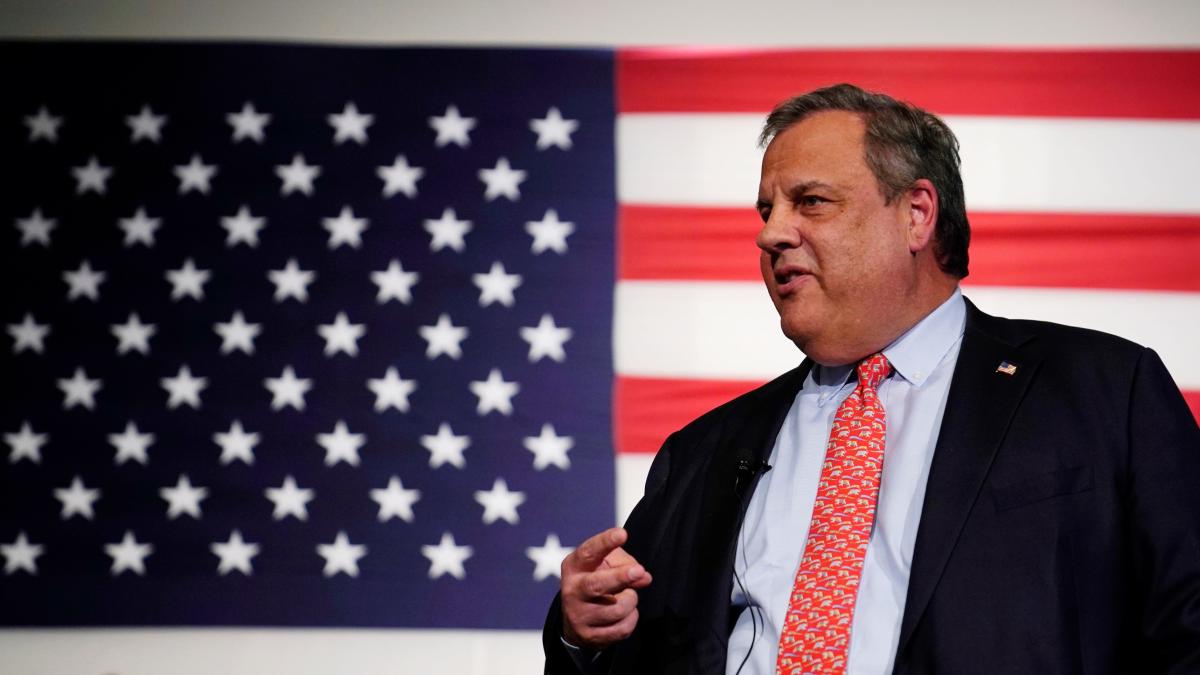The Knicks and Josh Hart have agreed to hold off on a decision on his player option, a source confirmed Saturday to SNY.
Hart and New York agreed to extend their Sunday midnight deadline to Thursday.
Hart could opt in and extend off a $12.9 million contract or decline the option and become an unrestricted free agent, where he’ll be able to sign a new deal with either the Knicks or another team.
If Hart agrees to the player option, he would be eligible to sign a four-year extension worth up to $80 million with the Knicks in August.
This also would give the Knicks access to the full non-taxpayer midlevel exception of $12.4 million and create more room below the salary apron.
The Knicks may want more room below the apron because they are considering a move that would hard cap them at the apron.
They would be hard capped at the apron if they used their full non taxpayer midlevel exception.
They would also be hard capped at the apron if they executed a trade that returned more than 110% of the salary they sent out.
The full midlevel exception would give the Knicks better resources in free agency.
It would also leave Hart with a lower salary in 2023-24 than he could receive as a free agent. So, if he opted in, Hart would essentially be taking less money in 2023-24 to give the Knicks more flexibility.
If he signs a four-year, $80-plus million extension in August, it will probably make up the difference. But Hart still may have made more money over the five-year period covered by the opt-in clause and extension (2023-24 to 2027-28) if he’d signed with New York as a free agent this summer.
The bottom line, at this point: New York will have more money to spend in free agency this summer if Hart sacrifices financially and opts in.
What could the Knicks do with that extra money?
It’s worth noting here that members of the organization are in favor of pursuing potential free agent Donte DiVincenzo. In addition to DiVincenzo, the club probably has several free agents on its radar.
If they sign DiVincenzo or another player, the Knicks would need to create a rotation spot for that player. They could do this by trading a rotation player to a team that can absorb the salary into cap space or trading two rotation players for one in return.
The Knicks traded for Hart in a trade deadline deal with the Portland Trail Blazers. After his acquisition, Hart helped turn around the Knicks. The 28-year-old averaged 10.2 points, 7.0 rebounds, 3.6 assists and 1.4 steals in 30 minutes per game in the regular season after being traded to the Knicks.
Oftentimes coming off the bench, Hart gave the Knicks a spark with his rebounding and defensive skills, as well as his energy and hustle.
He was instrumental in the Knicks’ first-round matchup against the Cleveland Cavaliers, a series New York won in five games. He averaged 11.6 points and 7.8 rebounds per game.
Although the Knicks were eliminated by the Miami Heat in the second round, Hart’s first postseason run saw him average 32.1 minutes, 10.4 points, 7.4 rebounds and 2.2 assists in 11 total games.
While the Knicks and Hart agreed to an extension, the team already decided to decline Derrick Rose‘s team option earlier Saturday.








